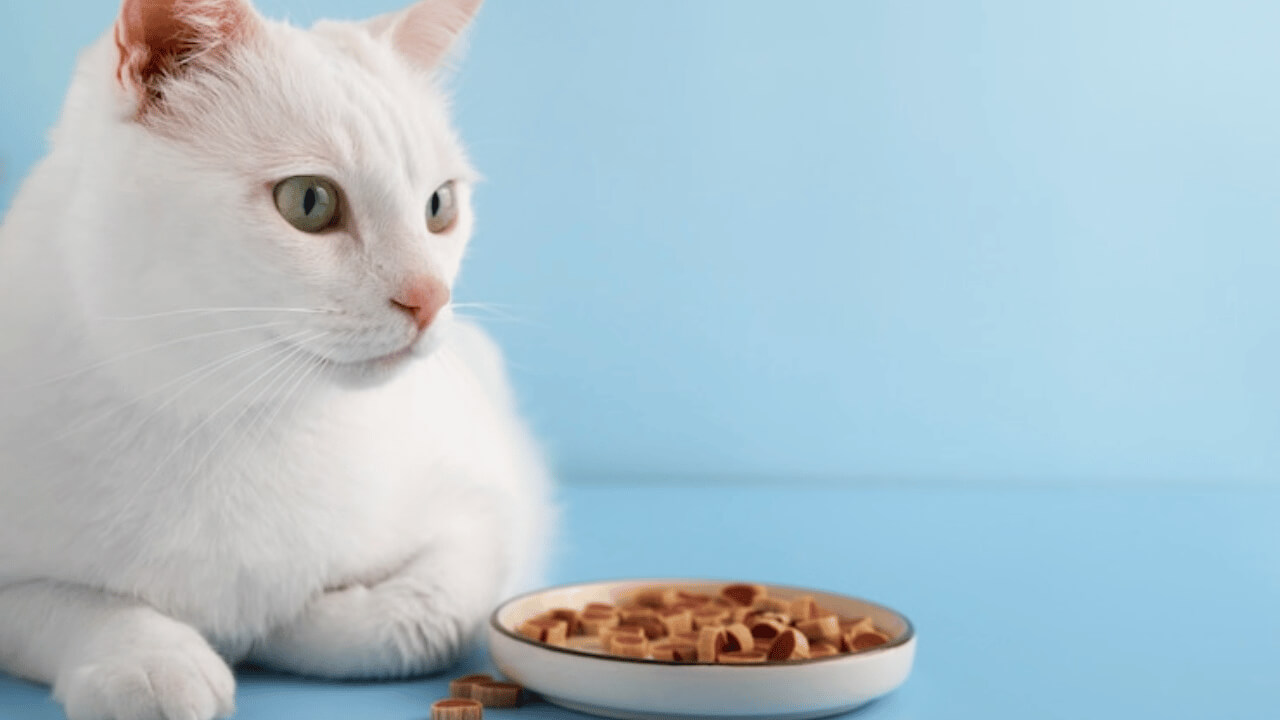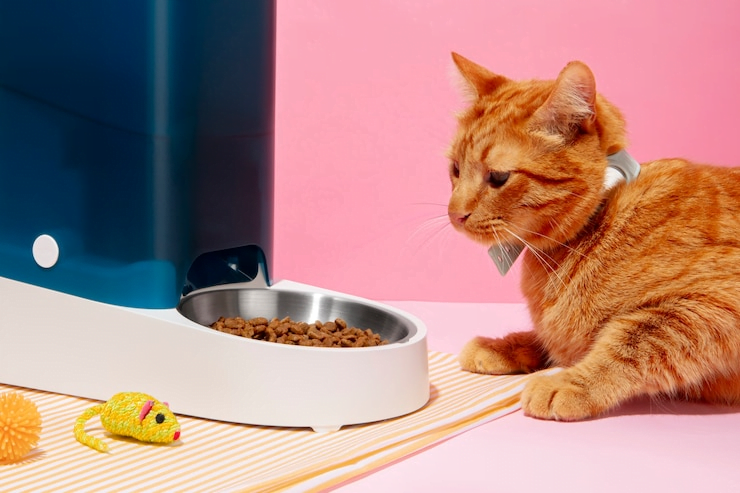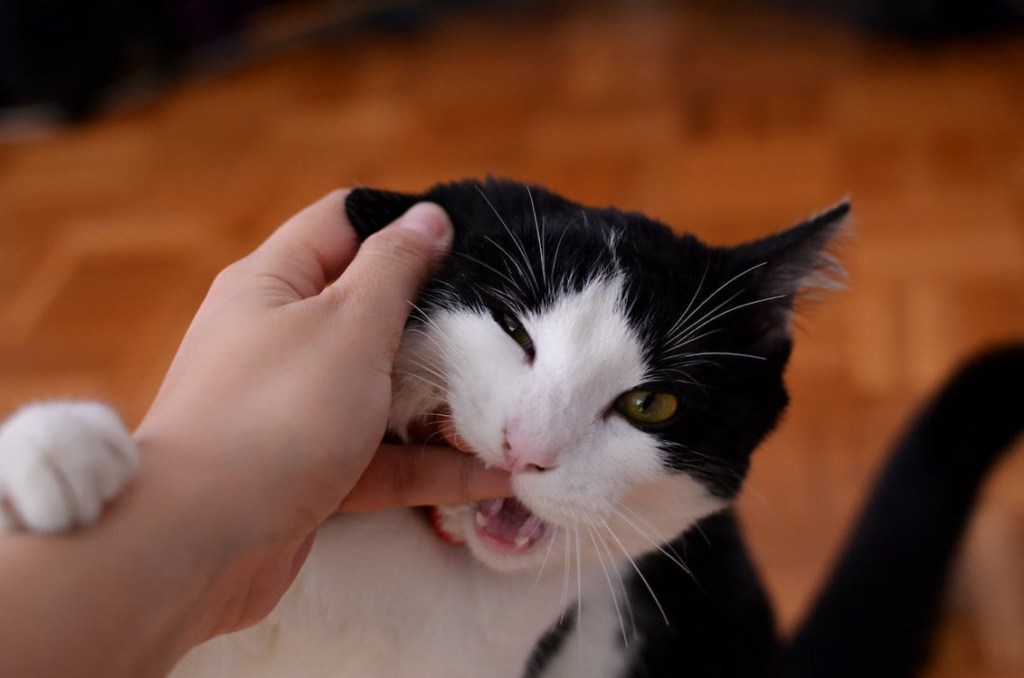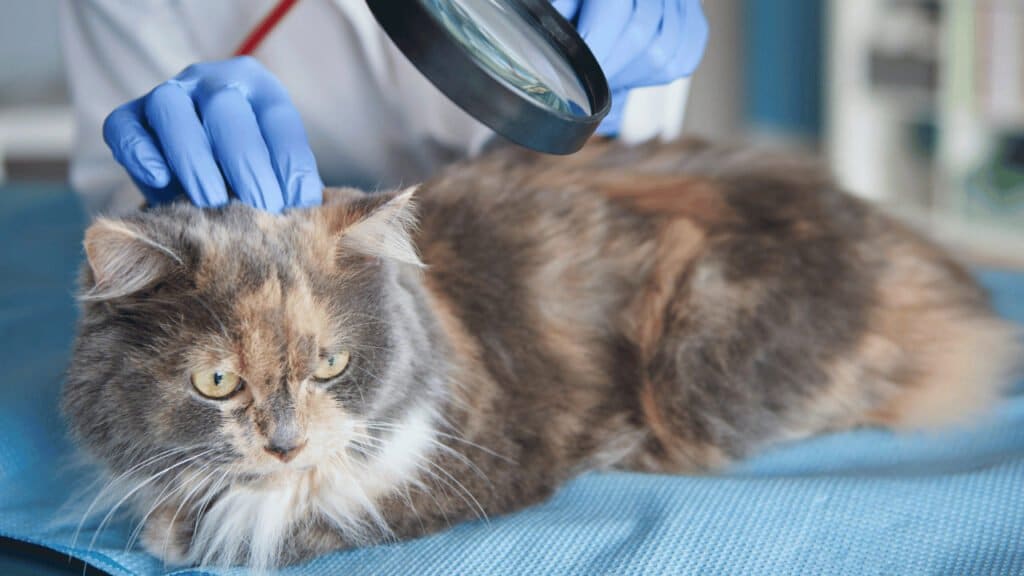Bengal cats are a captivating breed known for their wild appearance and playful personality. These stunning felines, a cross between domestic breeds and the Asian Leopard Cat, have gained popularity as pets due to their friendly demeanor and striking looks. If you’re a proud owner or considering getting a Bengal, understanding the health issues that can affect this breed is crucial. This blog aims to shed light on common Bengal cat health issues, responsible breeding practices, and what you can do to ensure your Bengal leads a happy, healthy life.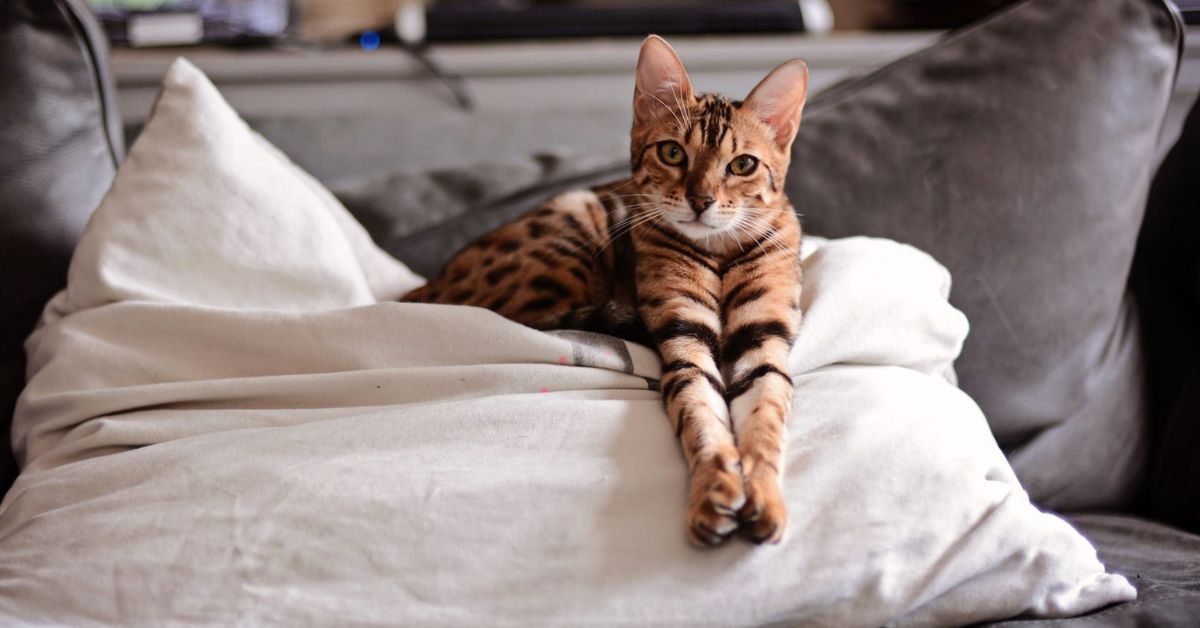
Overview of Bengal Cat Health Issues
Bengal cats, despite their robust nature, are susceptible to certain health issues. This overview covers common ailments, symptoms, and preventive measures specific to Bengal cats, providing owners with the essential knowledge to ensure their pets remain healthy, happy, and well-cared-for throughout their lives.
Genetic Predispositions and Common Illnesses
Bengal cats, like other expensive cat breeds, are prone to certain genetic disorders and health conditions. Some of the most common issues include retinal atrophy, pyruvate kinase deficiency, and heart conditions. Understanding these potential problems can help owners identify symptoms early and seek appropriate treatment.
Importance of Early Detection and Proper Care
Early detection of health issues in Bengal cats can make a significant difference in their quality of life and life expectancy. Regular veterinary check-ups, a proper diet, and keen observation can help spot issues before they become severe. Ensuring your Bengal gets plenty of exercise and maintaining a stimulating environment can also contribute to their overall well-being.
Detailed Discussion on Common Health Issues
Cats, like all pets, can experience a variety of health issues that require attention and care. This detailed discussion explores common feline health problems, their symptoms, and prevention strategies, equipping cat owners with the knowledge needed to maintain their pets’ well-being and catch potential issues early.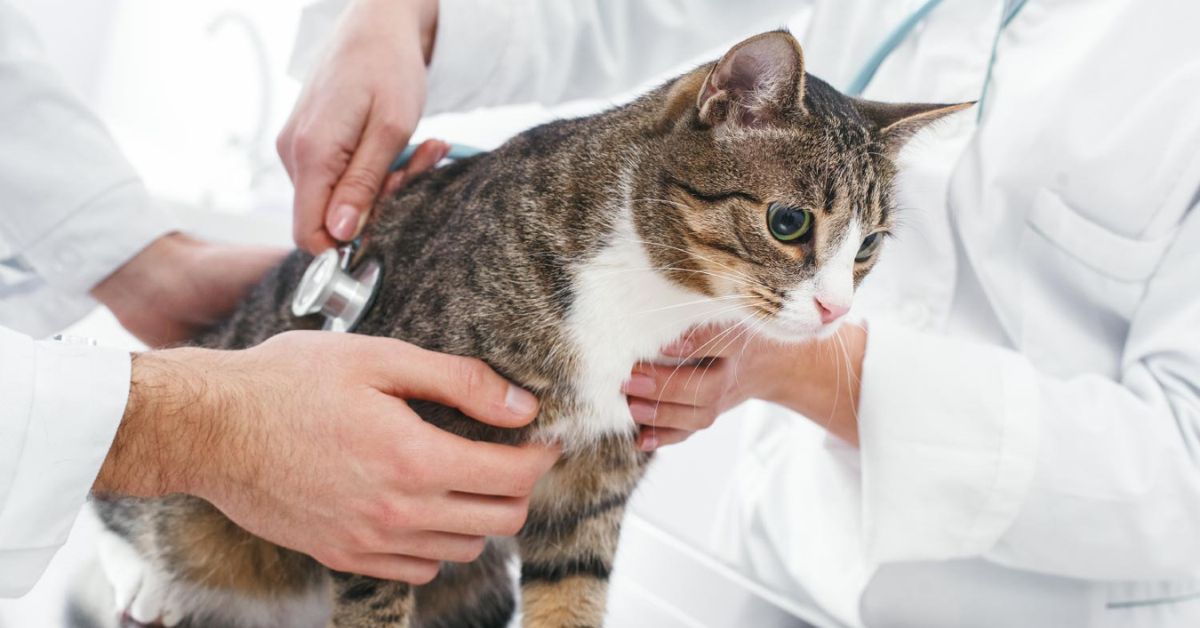
Retinal Atrophy and Its Impact on Vision
Retinal atrophy is a genetic condition that affects the eyes of Bengal cats, leading to progressive vision loss. This condition can be detected through regular eye exams by a veterinarian. While there is no cure, early detection can help manage the condition and slow its progression. Keeping your Bengal in a safe environment is crucial if they start to lose their vision.
Pyruvate Kinase Deficiency and Its Management
Pyruvate kinase deficiency (PK deficiency) is another genetic disorder common in Bengal cats. This condition affects the enzyme pyruvate kinase in red blood cells, leading to hemolytic anemia. Symptoms include lethargy, pale gums, and weight loss. Managing this condition involves regular vet visits, a proper diet tailored to their needs, and sometimes medication to support the affected blood cells.
Heart Conditions in Bengals
Bengal cats are also prone to various forms of heart disease, including hypertrophic cardiomyopathy (HCM). This condition causes the heart walls to thicken, leading to congestive heart failure if not managed properly. Regular heart screenings can help detect this condition early. Medications and lifestyle changes, such as reducing stress and providing a heart-healthy diet, can help manage the disease.
Weight Management and Dietary Needs
Maintaining a healthy weight is essential for Bengal cats to prevent conditions like diabetes and joint issues. Providing a balanced diet with high-quality wet food and ensuring they get plenty of exercise can help keep your Bengal in top shape. Food puzzles and interactive toys can make feeding time more engaging and promote physical activity.
Responsible Breeding Practices for Bengal Cats
As with any pet, it’s vital to consider the breeder’s practices before bringing home a Bengal cat. Reputable breeders will screen their cats for potential genetic disorders and offer transparency about a kitten’s health history. They will also ensure proper socialization and provide necessary vaccinations before adoption.
The Role of Breeders in Minimizing Genetic Disorders
Responsible breeders play a critical role in minimizing genetic disorders in Bengal cats. They conduct health screenings and genetic testing on breeding cats to ensure they do not pass on hereditary health issues. When purchasing a Bengal, always choose a reputable breeder who prioritizes the health and well-being of their cats.
Red Flags When Purchasing a Bengal Cat
When looking for Bengal cats for sale, be wary of breeders who do not provide health certificates or are reluctant to answer questions about the cat’s health history. Avoid breeders who have a high turnover of litters or do not allow you to visit their facilities. A responsible breeder will be transparent about their breeding practices and the health of their cats.
Tips for Bengal Cat Owners
Bengal cats are energetic, intelligent, and playful companions known for their striking appearance. Owning one requires understanding their unique needs and characteristics. This guide offers essential tips to help you provide a loving and stimulating environment, ensuring your Bengal cat thrives and remains a happy, healthy member of your family.
Signs of a Healthy Bengal Cat
A healthy Bengal cat will have clear eyes, a shiny coat, and an active, playful demeanor. Regular veterinary check-ups can help monitor their health and catch any potential issues early. Keep an eye out for changes in behavior, appetite, or litter box habits, as these can be early signs of health problems.
Proper Diet and Nutrition
Feeding your Bengal a balanced diet is crucial for their health. Wet food is often recommended for its higher moisture content, which supports kidney health and prevents urinary issues. Ensure the diet includes high-quality protein sources and is free from fillers and artificial additives.
Importance of Regular Veterinary Check-ups
Regular vet visits are essential for maintaining your Bengal’s health. These check-ups can help detect and manage conditions like dental disease, gastrointestinal disorders, and other common health issues in cats. Discuss with your vet the best vaccination and preventive care schedule for your Bengal.
Realities Beyond Health: Litter Box Issues and Behavioral Management
Some Bengal cats may develop litter box issues due to stress, medical conditions, or dissatisfaction with the litter type. It is crucial to address these issues promptly by seeking veterinary advice and making necessary changes. Providing multiple litter boxes and keeping them clean can also help prevent these problems.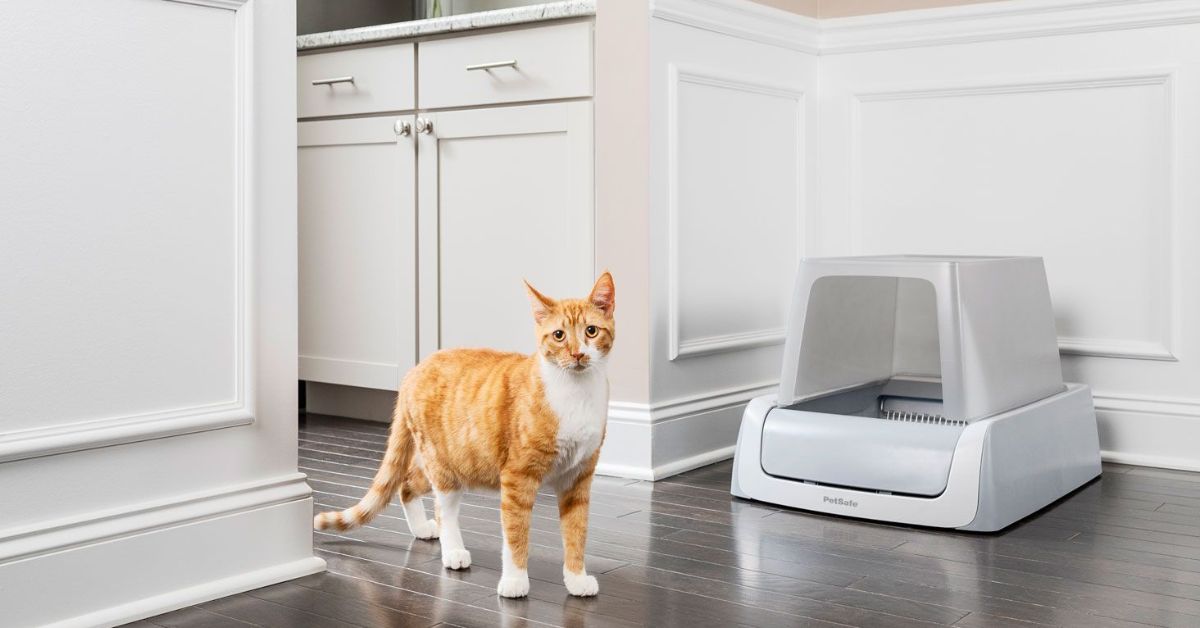
Bengal cats are known for their high energy levels and intelligent personalities. To keep them happy and minimize potential behavior problems, provide plenty of mental stimulation through interactive toys, puzzles, and playtime sessions. Positive reinforcement training can also be effective in managing any unwanted behaviors.
Addressing Common Behavioral Problems
Bengal cats are known for their high energy and intelligence, which can sometimes lead to behavioral issues. Addressing these issues early with positive reinforcement, patience, and consistency can help manage unwanted behaviors. Providing a variety of toys and mental stimulation can keep your Bengal entertained and reduce destructive behavior.
Creating a Stimulating Environment for Bengals
Bengals thrive in environments that offer plenty of mental and physical stimulation. Interactive toys, climbing structures, and puzzle feeders can provide the enrichment they need. Regular playtime and social interaction are also important for their mental health.
Conclusion
The health issues that can affect Bengal cats are crucial for any current or prospective Bengal owner. By being informed and proactive, you can help ensure your Bengal leads a long, healthy life. Regular veterinary check-ups, a balanced diet, and a stimulating environment are key factors in maintaining your Bengal’s well-being.
Joining a community of Bengal cat owners can provide additional support and resources. Sharing experiences and tips can help you navigate the challenges and joys of raising a Bengal cat. Always strive to provide the best care possible for your feline friend.
Thank you for reading, and we hope this guide has been helpful. For more information and to connect with other Bengal cat enthusiasts, consider joining our community or scheduling a consultation with one of our experts. Here’s to a happy, healthy life for you and your Bengal cat!
FAQ
What are the most common health issues in Bengal cats?
Bengal cats are prone to several genetic conditions, including retinal atrophy, pyruvate kinase deficiency, and hypertrophic cardiomyopathy. Regular vet check-ups and genetic testing can help manage these issues.
How can I ensure my Bengal cat stays healthy?
Ensure your Bengal has a balanced diet, regular veterinary check-ups, and plenty of mental and physical stimulation. Monitoring their behavior and health closely can help catch issues early.
Are Bengal cats high-maintenance pets?
Bengal cats require more attention and stimulation than some other breeds due to their high energy and intelligence. However, with proper care and a stimulating environment, they can be wonderful companions.

